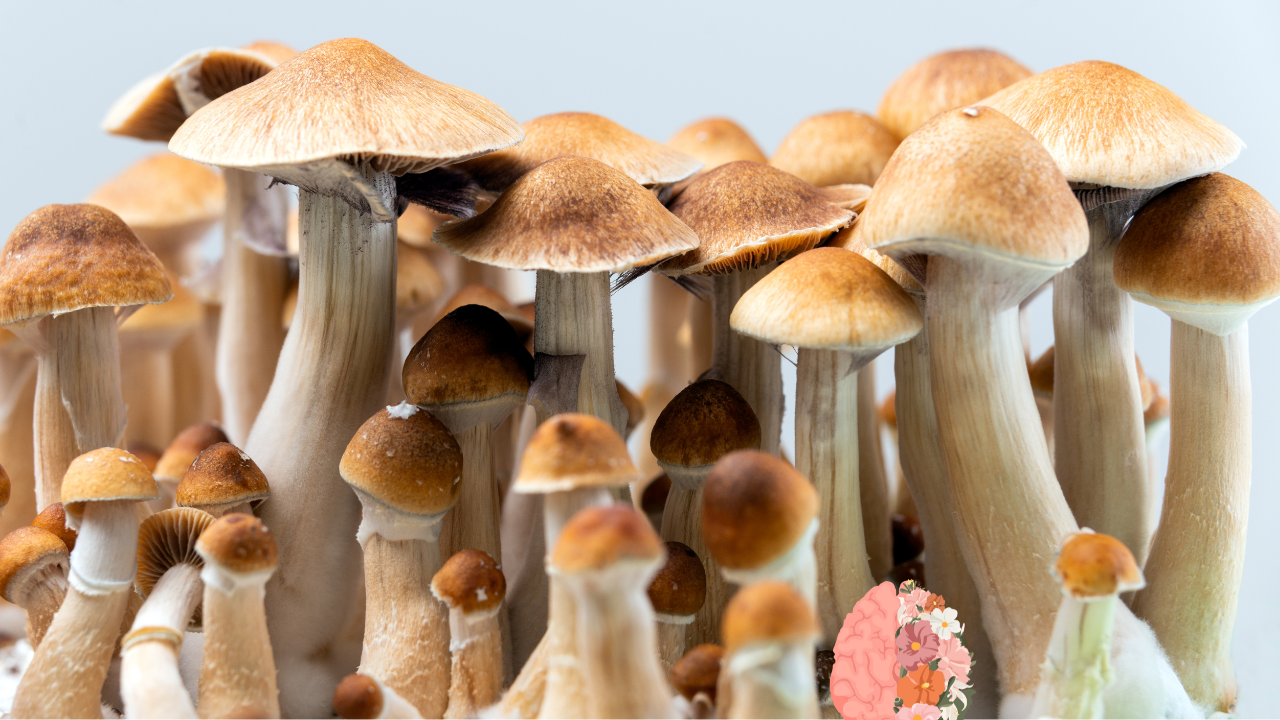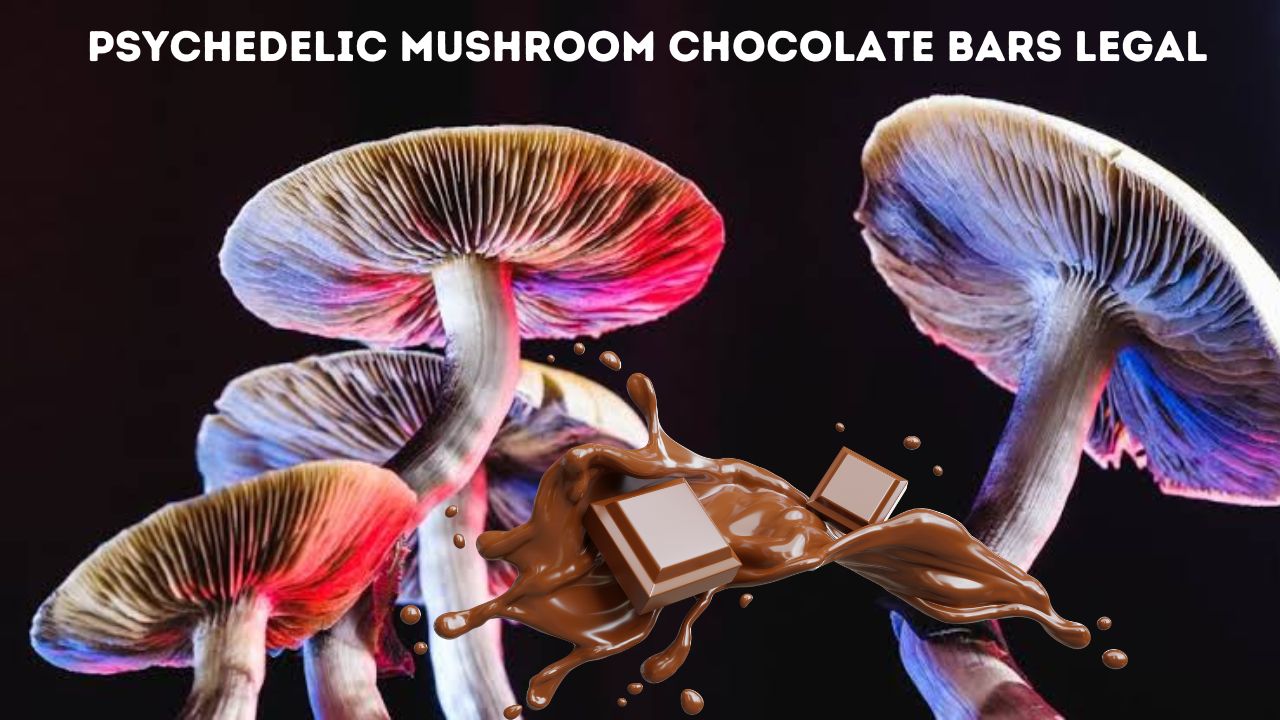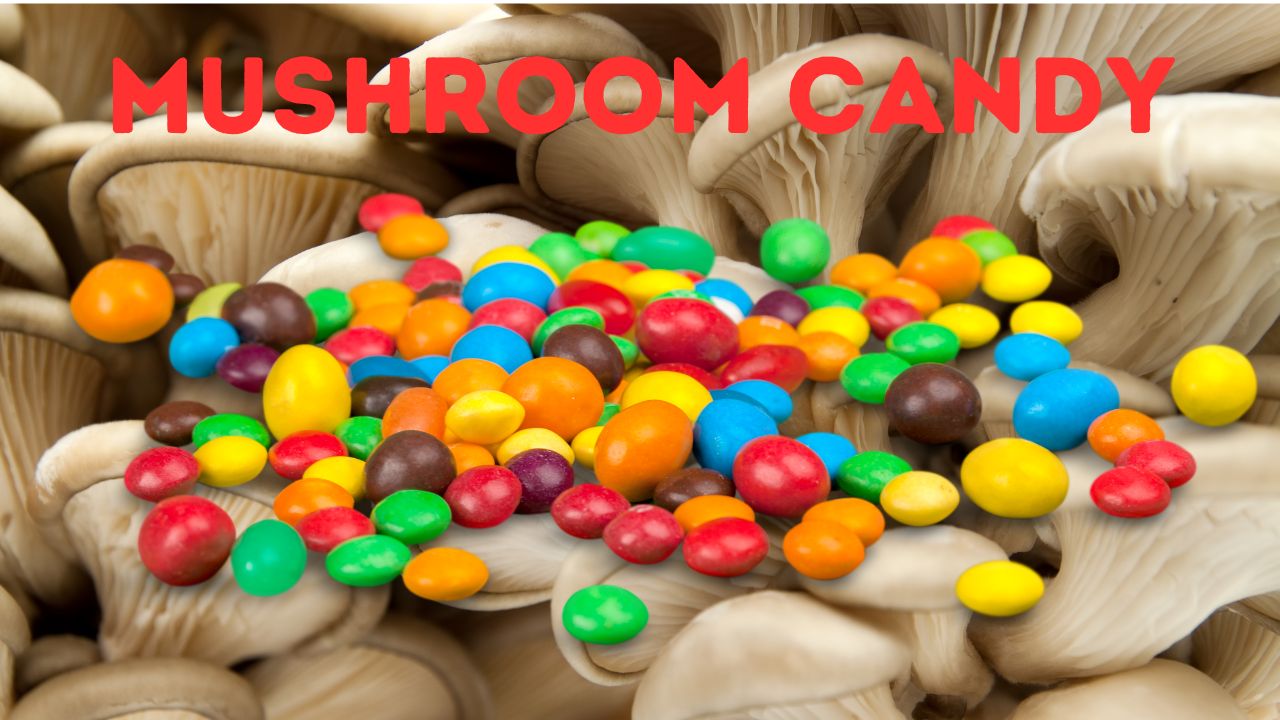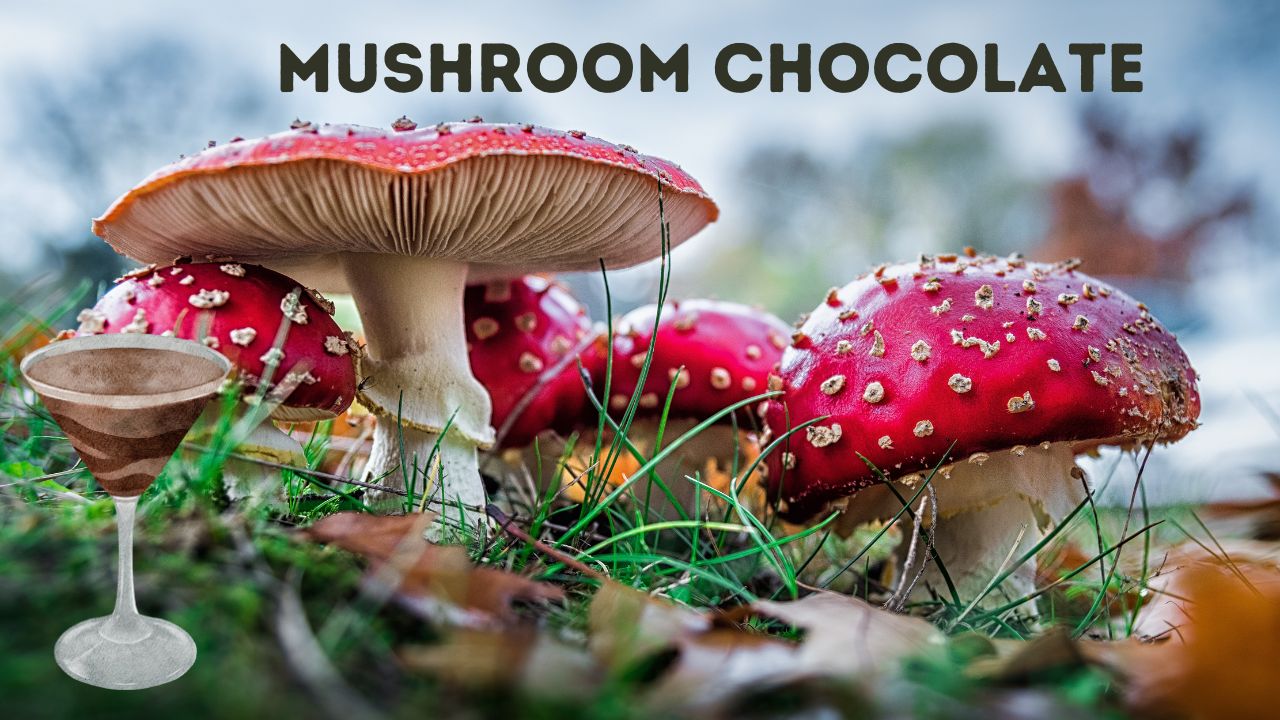Magic Mushrooms, Psilocybin, and Mental Health: The Emerging Science of Psychedelic Therapy
Introduction Magic Mushrooms
In recent years, there has been a renewed interest in the potential therapeutic benefits of psychedelics, particularly psilocybin, the active ingredient in “magic mushrooms.” Studies have shown that psilocybin can be effective in treating a variety of mental health conditions, including depression, anxiety, and PTSD. This renewed interest has led to a growing body of research on the mechanisms of psilocybin, as well as its potential therapeutic uses. In this article, we will explore the current state of the science on magic mushrooms, psilocybin, and mental health.
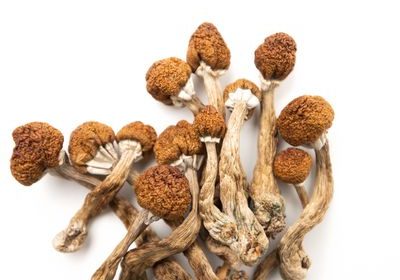
History of Magic Mushrooms
Magic mushrooms, also known as psilocybin mushrooms, have been used for thousands of years in various cultures for spiritual and medicinal purposes. The ancient Aztecs referred to the mushrooms as “teonanácatl,” which translates to “flesh of the gods.” The mushrooms were used in religious ceremonies and were believed to bring the user closer to the divine.
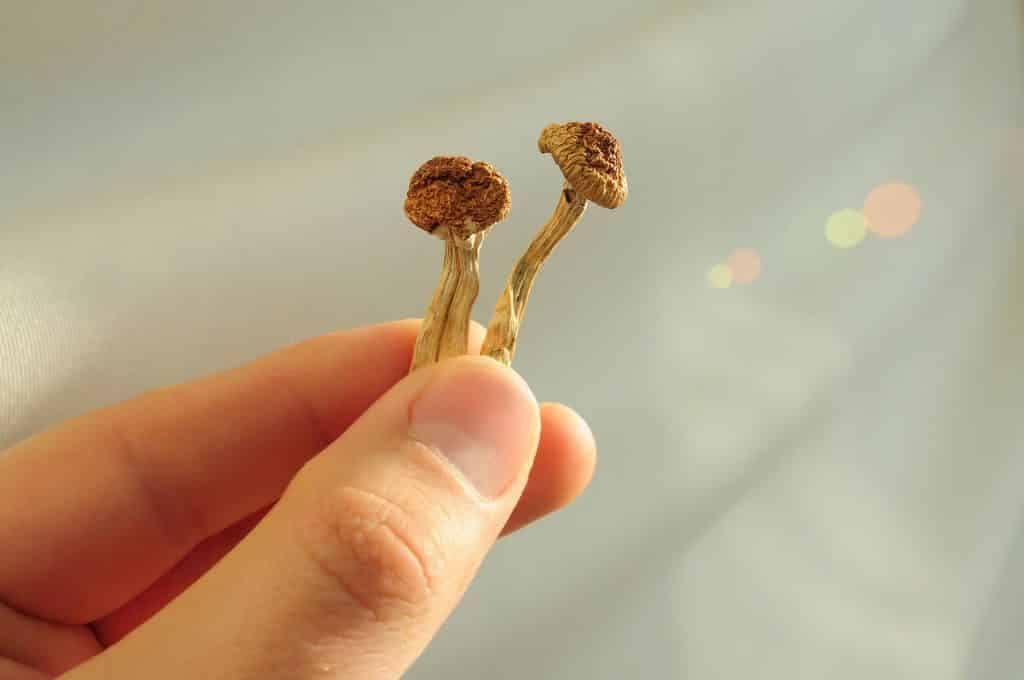
In the 1950s, a Swiss mycologist named Albert Hofmann, who is also known for his discovery of LSD, became interested in the psychoactive properties of magic mushrooms. Hofmann was able to isolate the active ingredient, psilocybin, and soon after, it was being studied in laboratories around the world.
However, in the 1960s, the use of psychedelics, including magic mushrooms, became associated with the counterculture movement, and as a result, research on psychedelics was largely halted. It wasn’t until the 1990s that research on psychedelics began to reemerge.
Mechanism of Action
Psilocybin is a naturally-occurring psychedelic compound that is found in certain species of mushrooms. When ingested, psilocybin is converted to psilocin, which is the compound responsible for the psychoactive effects of magic mushrooms.
Psilocin acts on serotonin receptors in the brain, specifically the 5-HT2A receptor. This leads to an increase in neuroplasticity, which allows for more communication between different regions of the brain. This increased communication is thought to be responsible for the profound changes in perception and thought that occur during a psychedelic experience.
Recent Research on Magic Mushrooms and Mental Health
Depression
Depression is a common mental health disorder that affects millions of people around the world. Traditional antidepressants, such as SSRIs, can be effective, but they don’t work for everyone, and they often come with a host of side effects.
Recent studies have shown that psilocybin can be an effective treatment for depression. In a small pilot study, patients with treatment-resistant depression were given a single dose of psilocybin, and the majority of patients showed significant improvement in their symptoms. A larger, randomized controlled trial is currently underway to further investigate the potential of psilocybin as a treatment for depression.
Anxiety
Anxiety is another common mental health disorder that affects a large percentage of the population. Like depression, traditional antidepressants and anti-anxiety medications can be effective, but they don’t work for everyone, and they can come with unwanted side effects.
Recent studies have also shown that psilocybin can be an effective treatment for anxiety. In a small pilot study, patients with anxiety related to a life-threatening illness were given a single dose of psilocybin, and the majority of patients showed significant improvement in their symptoms. A larger, randomized controlled trial is currently underway to further investigate the potential of psilocybin as a treatment for anxiety.
PTSD
Post-traumatic stress disorder (PTSD) is a mental health disorder that can develop after a person experiences or witnesses a traumatic event. Symptoms of PTSD can include flashbacks, nightmares, and avoidance of reminders of the traumatic event. Traditional treatments for PTSD, such as talk therapy and antidepressants, can be effective, but they don’t work for everyone.
Recent research has also shown that psilocybin can be an effective treatment for PTSD. In a small pilot study, veterans with PTSD were given a single dose of psilocybin in combination with talk therapy, and the majority of patients showed significant improvement in their symptoms. A larger, randomized controlled trial is currently underway to further investigate the potential of psilocybin as a treatment for PTSD.
Safety and Risks
While psilocybin has been shown to be effective in treating a variety of mental health conditions, it’s important to note that it is not without risks. Psilocybin is a powerful psychedelic and can lead to temporary changes in perception, thought, and mood. It’s important that people who are considering using psilocybin for therapeutic purposes do so under the guidance of a trained healthcare professional.
It’s also important to note that psilocybin is not without risks when used in non-medical settings, such as recreational use. The effects of psilocybin can be unpredictable and can vary depending on the dose, the person’s mental state, and the environment in which it is consumed. People who are considering using psilocybin recreationally should be aware of the risks and should use caution.
Conclusion on Magic Mushrooms
The renewed interest in psychedelics, particularly psilocybin, has led to a growing body of research on the potential therapeutic benefits of magic mushrooms. Studies have shown that psilocybin can be effective in treating a variety of mental health conditions, including depression, anxiety, and PTSD. While the use of psilocybin is not without risks, the potential benefits outweigh the risks. More research is needed to further investigate the potential of psilocybin as a treatment for mental health conditions, but the current evidence is promising.
As the research and interest in the therapeutic benefits of psychedelics continues to grow, it’s important to consider the broader implications of this research. The re-emergence of psychedelic therapy has the potential to revolutionize the way we think about mental health and the treatment of mental illness. It has the potential to provide new and innovative treatment options for people who have not responded to traditional treatments, and it may lead to a better understanding of the underlying causes of mental illness.
However, it’s also important to note that psychedelics are not a panacea for mental health issues and should not be considered a replacement for traditional treatments. They should only be used in conjunction with other forms of therapy and under the guidance of trained healthcare professionals.
Additionally, it’s important to remember that access to psychedelic therapy is still limited and it’s not yet widely available. The legalization of psychedelics for therapeutic use is still in its early stages, and more research is needed to better understand the safety and efficacy of psychedelics in a clinical setting.
Despite these limitations, the current research on psychedelics and mental health is promising and has the potential to change the way we think about and treat mental illness. As the research continues to evolve, it will be important to stay informed and open-minded about the potential benefits of psychedelics in the treatment of mental health conditions.
In conclusion, the use of magic mushrooms and psilocybin as a form of therapy has shown to be promising in treating a variety of mental health conditions such as depression, anxiety, and PTSD. Although more research is needed, the current findings are encouraging and could lead to new and innovative treatment options for mental health disorders. As the use and understanding of psychedelics continue to evolve, it is important to stay informed and open-minded about their potential benefits in treating mental health conditions.

